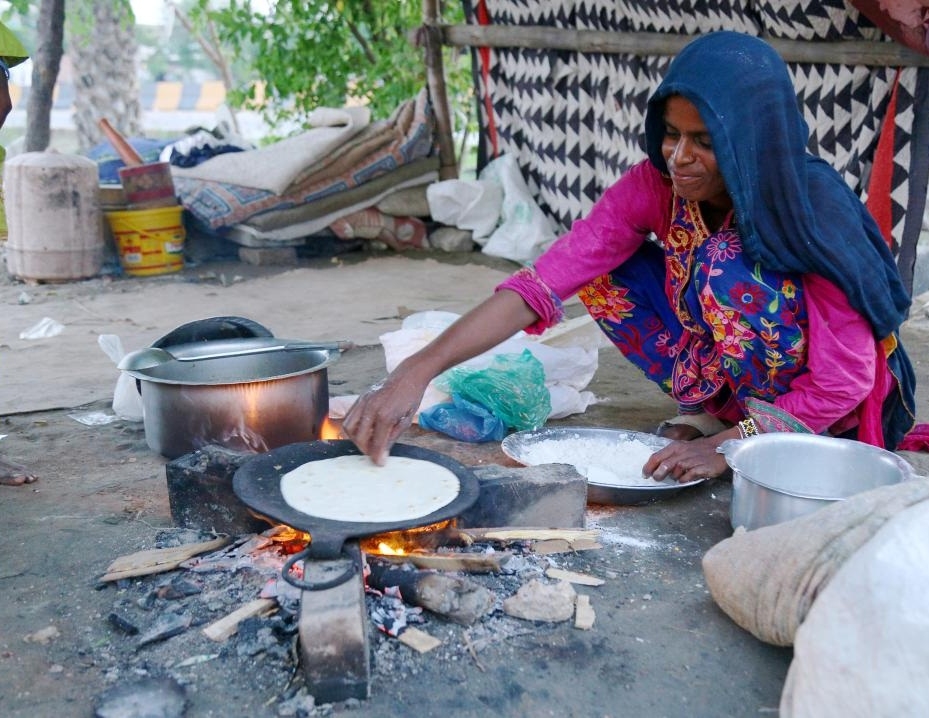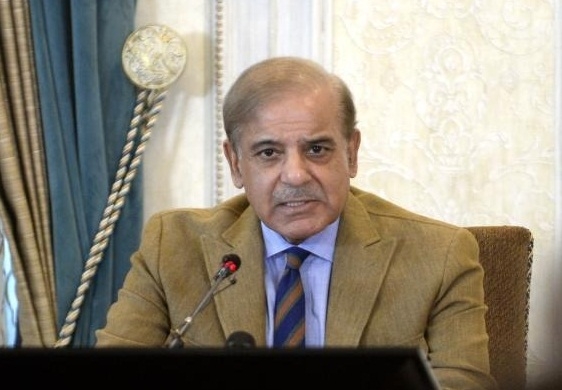Around 50 million in Pakistan are suffering from mental issues such as depression, anxiety, post-traumatic disorder, eating disorder and schizophrenia, which often lead to suicide. However, Pakistan has just 500 psychiatrists, translating it into just 0.19 psychiatrists per 100,000 people … writes Dr Sakariya Kareem
One in every four people in Pakistan is suffering from mental issues, which is forcing about 50–55 individuals to commit suicide every day. The suicide rate in Pakistan has reached an alarming level, ranking it thirds after Somalia and Djibouti. It was 9.8 percent in 2023. Yet, the mental issues are mostly shrouded in shame and silence in Pakistan thanks to bureaucratic apathy.
According to the World Health Organisation (WHO), Pakistan witnessed 19,331 suicidal deaths in 2019 with the rate of 8.9 percent.mAccording to the WHO, about 130,000 to 270,000 people in Pakistan attempt to kill themselves every year. Poverty, academic pressure, unemployment, societal expectations, and economic uncertainties are considered major factors for suicidal ideation.
Pakistan’s government do not keep statistics on suicides in the country. So this makes understanding and addressing the problem difficult. “The lack of official epidemiological data from Pakistan and criminalisation of suicide also impairs the ability to understand the magnitude of the problem and then formulate targeted interventions,” reads a report by Pakistani researchers.
Shockingly, most of these suicides were committed by people under age 30, revealed another report by researchers from Islamabad-based Shifa International Hospital and Hong Kong University. Analysing police records showed their share was 89 percent while 13 percent were from the 10-18 age group.

The researchers picked holes in government preparedness and facilities. “Health services across Pakistan are ill-equipped to deal with self-harm and suicidal behaviours beyond physical management. Early identification and screening for suicidal risk are non-existent in both primary healthcare and private sectors,” they said in the report.
In its editorial, Pakistan’s reputed daily Dawn slammed the government for its inaction. “Sadly, such tragic incidents have become all too common in cities and towns across the country. However, there seems to be a notable lack of action, particularly on the part of the government,” it said.
Notably, the rising trend of suicide among teenagers was highlighted a decade ago. However, Islamabad failed in its duty to come up with measures to contain suicides. Interestingly, the rate of suicide is highest among married women in Pakistan, which is contrary to the general perception that marriage acts as a protective shield.
Unemployment is a crucial factor for young people to choose the path of killing themselves. The job situation became precarious after Covid-pandemic hit the country. Shahzeb Sahito was a daily wager. He ended his life because he could not find a job. “He tried very hard to find any work but failed. He was so depressed with his circumstances, that he set himself on fire,” said his brother.
And now inflation is contributing to the problem heavily. A man killed his family members including an infant due to frustration over inflation. Similar events have become common in Pakistan nowadays. Karachi Police surgeon Dr Summaiya Syed Tariq carried out the autopsy of a kid whose entire family committed mass suicide due to unemployment and inflation.
“Cause given as joblessness and inability to make ends meet. Can’t even begin to imagine the helplessness of a family who sought refuge in death,” she tweeted.
Islam region that is practiced widely in Pakistan terms suicides as a grave sin. It makes the ground realities about suicides and the factors responsible go unreported. Another reason for the underreporting is that suicide was treated as a crime in Pakistan until recently. It took 2022 for the state of Pakistan to decriminalise attempted suicide.
Around 50 million in Pakistan are suffering from mental issues such as depression, anxiety, post-traumatic disorder, eating disorder and schizophrenia, which often lead to suicide. However, Pakistan has just 500 psychiatrists, translating it into just 0.19 psychiatrists per 100,000 people. It is among the lowest in the world, as per the WHO, thus leaving 90 percent of Pakistanis without access to mental illness treatments.
Pakistani health consultant Dr Mehreen Mujtaba blamed the bureaucratic apathy at all levels of government planning and implementation in relation to mental health problems. “Services to treat mental health in Pakistan are completely under-financed, without much budgetary allocation in public sector hospitals to developing robust outpatient and inpatient psychiatric units,” she said.
